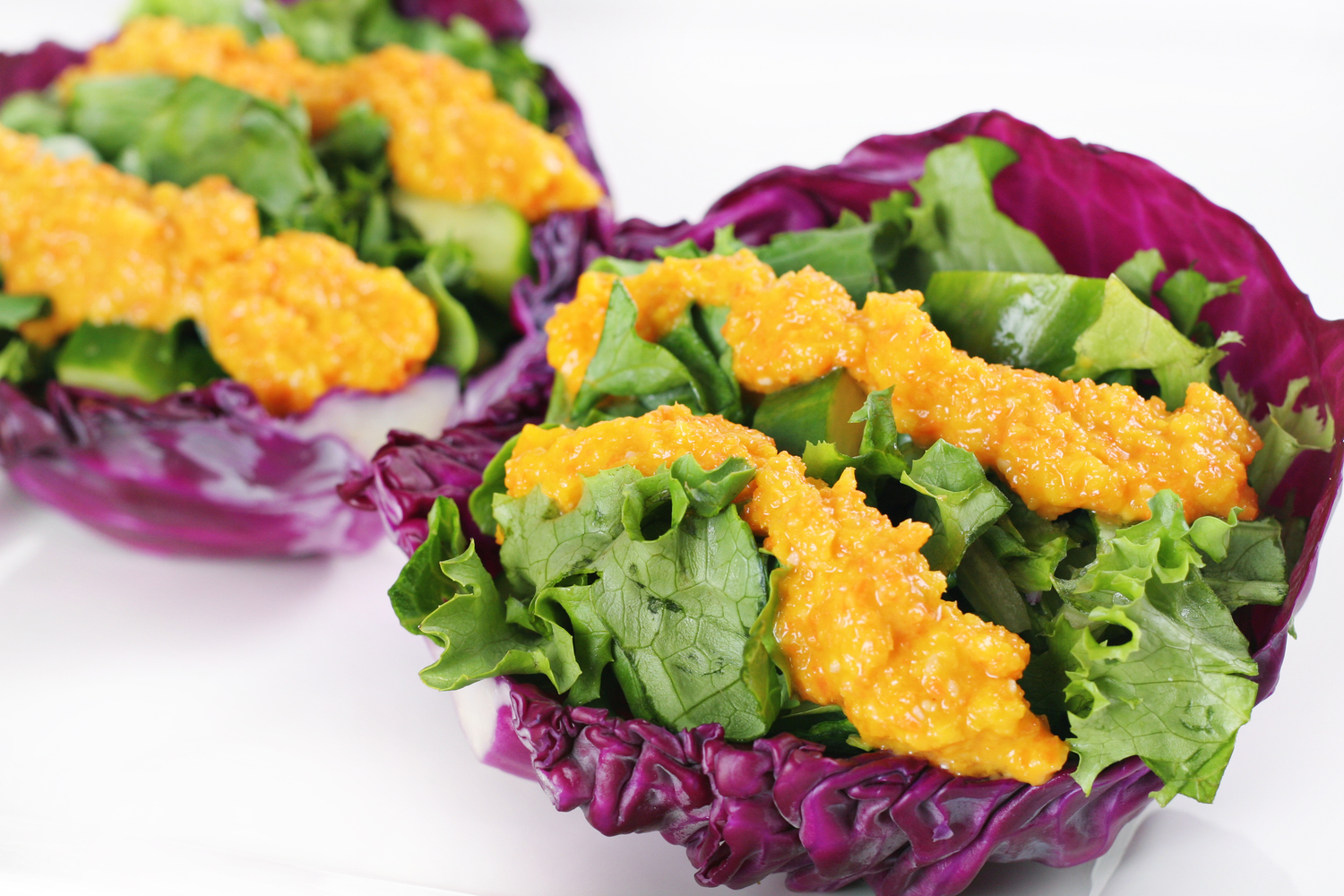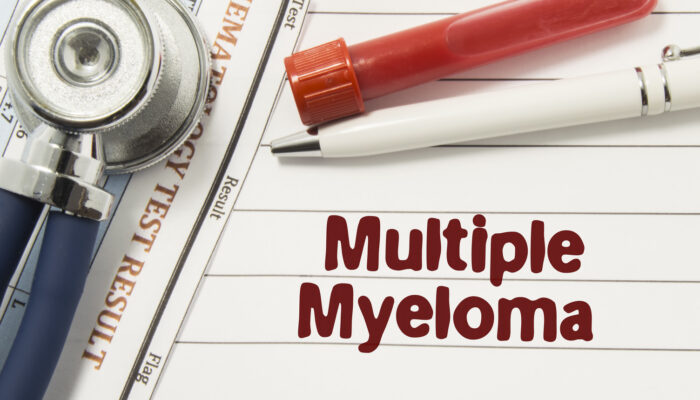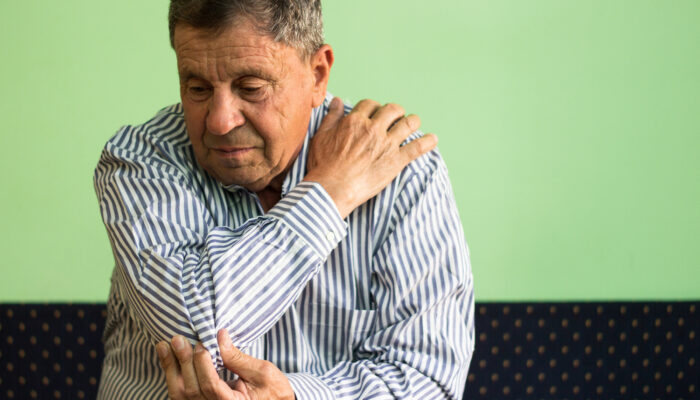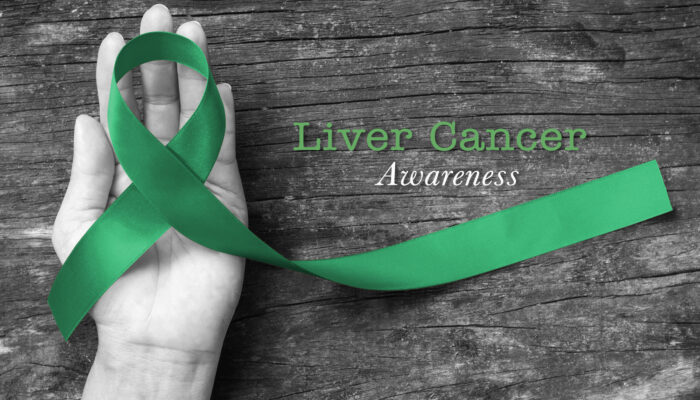
5 things to do to get relief from eczema
Also called atopic dermatitis, eczema is most commonly observed in younger children. The exact causes of this skin condition are not known. But, environmental and hereditary factors have been observed to be the major triggers. Often food allergies have been also linked with eczema. However, there is no substantial evidence for this. Yet, people with eczema are usually recommended to avoid certain foods during flare-ups. They are also advised to increase the intake of other foods that have been known to strengthen the immune system. This is mostly because people with a weak immune system are more susceptible to eczema. Apart from making changes in diet, a few things can be done at home to get relief from eczema symptoms.
Read on to know how to alleviate inflammation and discomfort caused eczema.
- Eat foods rich in omega-3 fatty acids – Low immunity is one of the major causes of eczema. Adding foods rich in omega-3 fatty acids to your diet can boost the immunity levels. This will also help to speed up the healing process and alleviate the symptom of eczema. Adding fish rich in omega-3 fatty acids to the diet of young children lowers the risk of eczema. Eating foods such as tuna, mackerel, sardines, herring, and salmon can help to alleviate the discomfort caused by an eczema flare-up. Adding olive oil, flax seeds, and nuts to a regular diet can also help in preventing and treating eczema.
- Soak up on vitamin D – A vitamin D deficiency causes the immune system to become weak. And, a weak immune system makes the body highly susceptible to eczema. This is why it is essential to add more vitamin D-enriched foods to the diet. Exercising or simply standing under the early morning sun is the best way to boost vitamin D in the body. Additionally, including foods such as salmon, raw milk, eggs, sardines, and cod liver oil to the diet can be helpful. These foods prevent and alleviate eczema symptoms. During eczema flares, vitamin D supplements can be also taken. However, you must consult a doctor before taking any supplements.
- Increase the intake of vitamin E – A regular intake of vitamin E-enriched foods can also give a boost to the immune system. To get relief from eczema flares, it is recommended to take vitamin E supplements and topical creams and ointments rich in vitamin E can be also used. These help to reduce inflammation and give relief from scratching. Scars left behind by eczema rashes also heal quickly. Adding nuts such as almonds, hazelnuts, pistachios, pine nuts, and peanuts to the diet can help to fight eczema. Other rich sources of vitamin E include pumpkin seeds and sunflower seeds. Including vegetables such as broccoli, asparagus, avocado, turnip greens, and beet greens to the diet can aid in fighting eczema. Also eating a lot of spinach, mustard greens, collard, and butter squash can help to get relief from an eczema flare-up.
- Add probiotic food to diet – Foods rich in probiotics contain healthy bacteria that strengthen the immune system. Adding probiotic-rich food to the diet is more of a preventive measure as it alleviates the intensity of eczema flare-ups. The diet can include foods such as yogurts, kimchi, sauerkraut, tempeh, miso, kefir, and kombucha. To get the complete benefits of probiotic foods, make them at home rather than buying them off the shelf. Probiotic supplements can be also taken on a day-to-day basis and during flare-ups as well. It is recommended to consult a doctor before taking an over-the-counter (OTC) supplement to avoid further other health complications. Pregnant women are often advised to have a probiotic-rich diet. This lowers the risk of developing eczema and other skin disorders in infants.
- Soak in a bath with Dead Sea salts – Dead sea salts contain essential minerals. These keep the skin hydrated as well as protect the skin’s natural barrier against dryness and damage. Dead Sea salts can be added to lukewarm bath water. After which, you can soak in this solution for about 10 minutes. Then, gently pat your skin dry with a clean soft towel. Avoid rubbing. This will alleviate inflammation and provide relief from redness and itching.



